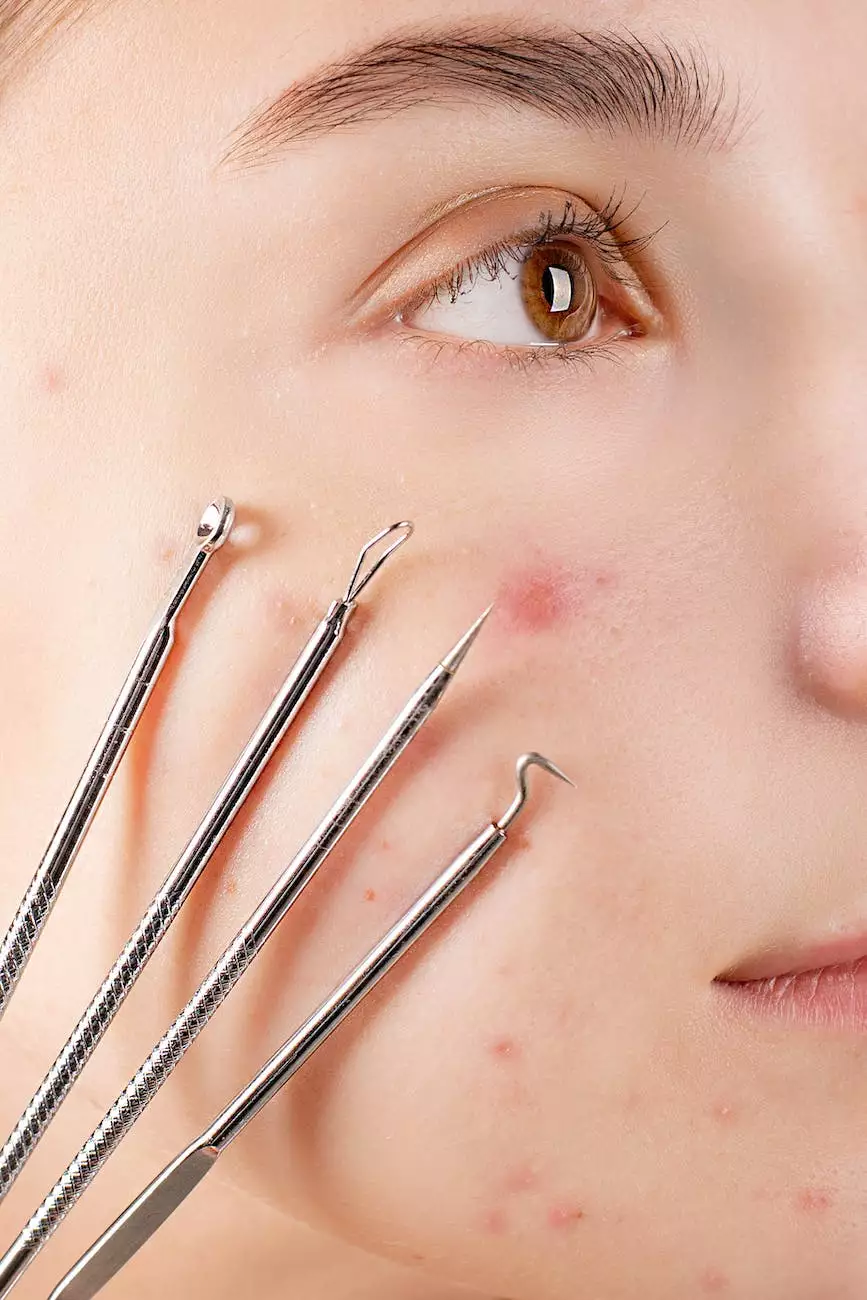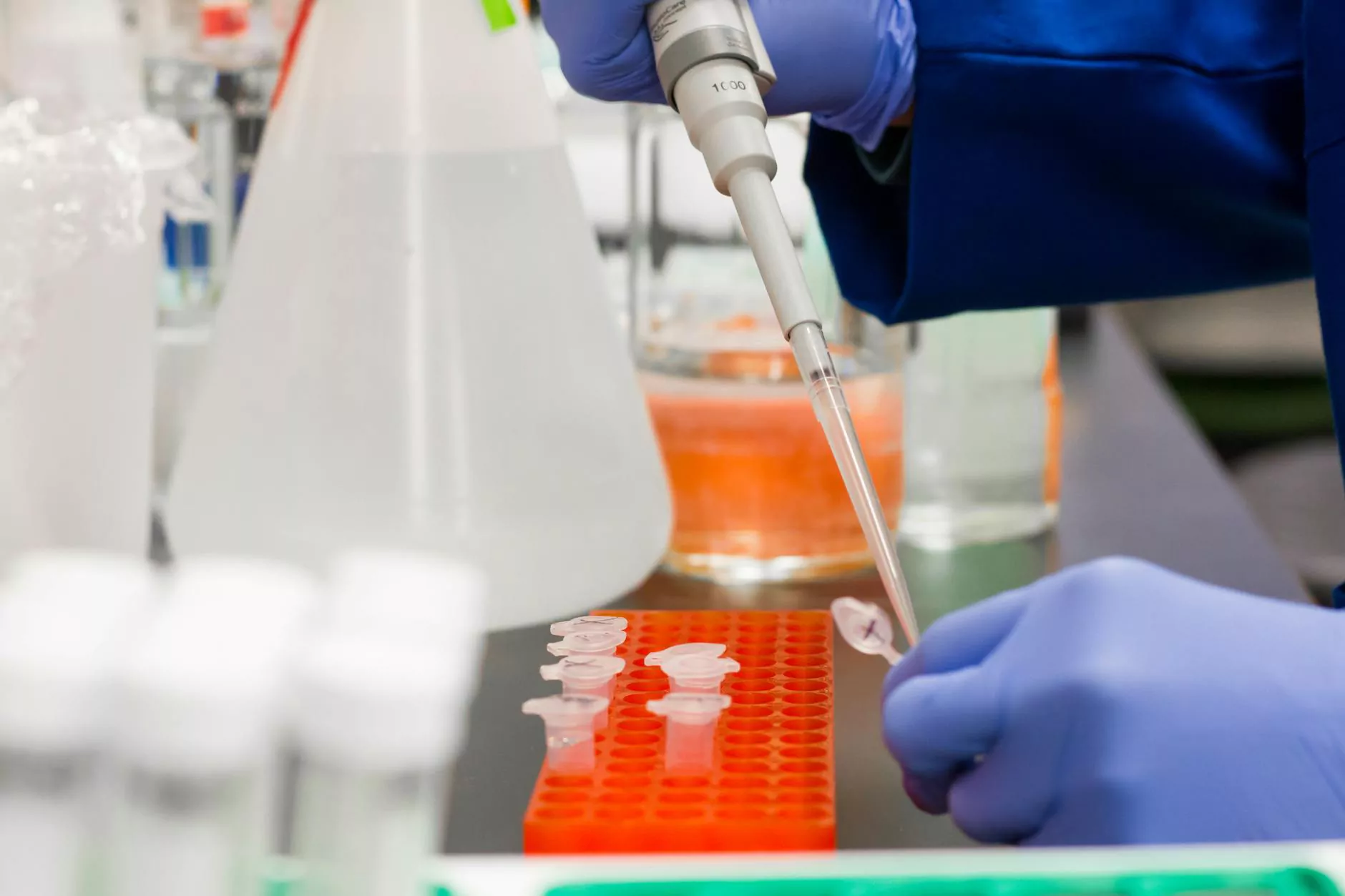Skin Cancer Is Treatable With Early Detection
Cancer Care
Introduction
Welcome to Bowling Orthopaedics, a trusted name in the field of dermatology! With our extensive expertise and commitment to patient care, we strive to create awareness about skin cancer and emphasize the importance of early detection.
What is Skin Cancer?
Skin cancer is a condition that arises from the abnormal growth of skin cells. The most common types of skin cancer include basal cell carcinoma, squamous cell carcinoma, and melanoma.
Early Detection Saves Lives
Early detection is crucial in effectively treating skin cancer and improving patient outcomes. Regular self-examinations and routine dermatologist appointments are key in detecting any potential warning signs and promptly seeking medical attention.
Signs and Symptoms
Skin cancer can manifest in various ways, and it is essential to be aware of the common signs and symptoms:
1. Irregular or Changing Moles
If you notice moles on your skin that are asymmetrical, have irregular borders, exhibit different colors, or have grown larger in size, it could be an indication of skin cancer.
2. Sores That Don't Heal
Non-healing sores or ulcers that persist for more than a few weeks should be examined by a dermatologist, as they might be a sign of skin cancer.
3. Persistent Redness or Swelling
If you experience long-lasting redness, inflammation, or swelling in the skin, it could be an indication of skin cancer.
4. Itching, Pain, or Sensitivity
Unexplained itching, pain, or tenderness in a specific area of the skin should not be ignored and should be evaluated by a healthcare professional.
5. New Growths or Bumps
Any new growths, bumps, or patches on the skin that appear shiny, translucent, or pearly can be warning signs of skin cancer.
Prevention and Risk Factors
While skin cancer can affect anyone, certain factors may increase the risk:
1. Sun Exposure
Excessive exposure to ultraviolet (UV) radiation from the sun or tanning beds increases the risk of skin cancer. Protecting your skin from the sun's harmful rays and using sunscreen with a high SPF can significantly reduce the risk.
2. Fair Skin
Individuals with fair skin, light hair, and light-colored eyes are more susceptible to skin cancer due to lower levels of melanin, a pigment that provides natural protection against harmful UV radiation.
3. Family History
Having a family history of skin cancer can increase your risk. It is important to share this information with your dermatologist for proper monitoring and preventive measures.
4. Age
The risk of developing skin cancer tends to increase with age. However, skin cancer can affect individuals of all age groups.
5. Immune System
Individuals with weakened immune systems, such as organ transplant recipients or those with certain medical conditions, have a higher susceptibility to skin cancer.
Seeking Medical Attention
If you notice any suspicious changes in your skin or experience related symptoms, it is crucial to consult a dermatologist promptly. At Bowling Orthopaedics, our experienced dermatologists provide comprehensive skin cancer screenings, accurate diagnoses, and personalized treatment plans to ensure the best possible outcomes for our patients.
Conclusion
Skin cancer is a serious condition, but with early detection and timely medical intervention, it is highly treatable. At Bowling Orthopaedics, we aim to raise awareness about skin cancer and empower individuals to take proactive measures for their skin health. Schedule an appointment with our dermatology experts today and let us guide you towards effective skin cancer prevention and treatment strategies.




